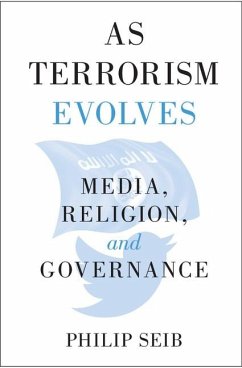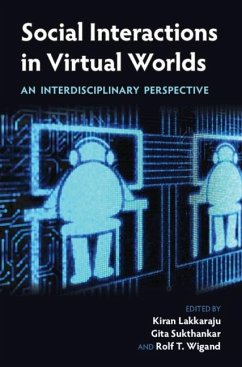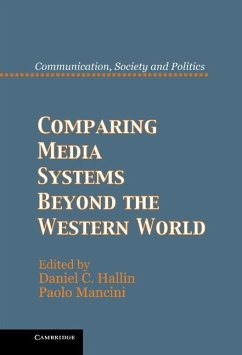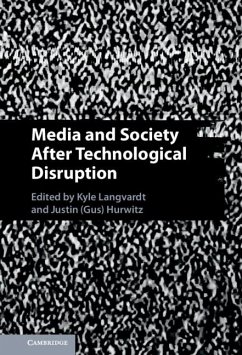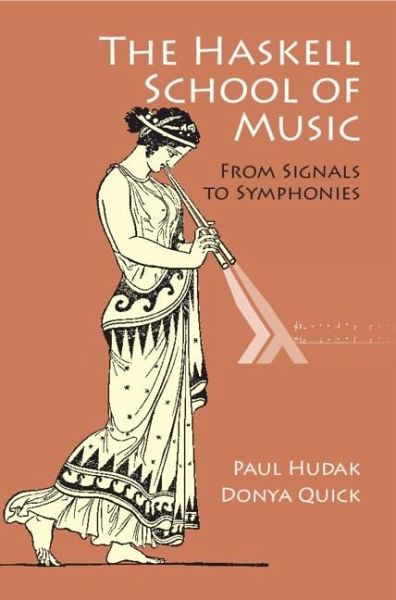
Haskell School of Music (eBook, ePUB)
From Signals to Symphonies
Versandkostenfrei!
Sofort per Download lieferbar
31,95 €
inkl. MwSt.
Weitere Ausgaben:

PAYBACK Punkte
16 °P sammeln!
This book explores the fundamentals of computer music and functional programming through the Haskell programming language. Functional programming is typically considered difficult to learn. This introduction in the context of creating music will allow students and professionals with a musical inclination to leverage their experience to help understand concepts that might be intimidating in more traditional computer science settings. Conversely, the book opens the door for programmers to interact with music by using a medium that is familiar to them. Readers will learn how to use the Euterpea l...
This book explores the fundamentals of computer music and functional programming through the Haskell programming language. Functional programming is typically considered difficult to learn. This introduction in the context of creating music will allow students and professionals with a musical inclination to leverage their experience to help understand concepts that might be intimidating in more traditional computer science settings. Conversely, the book opens the door for programmers to interact with music by using a medium that is familiar to them. Readers will learn how to use the Euterpea library for Haskell (http://www.euterpea.com) to represent and create their own music with code, without the need for other music software. The book explores common paradigms used in algorithmic music composition, such as stochastic generation, musical grammars, self-similarity, and real-time interactive systems. Other topics covered include the basics of signal-based systems in Haskell, sound synthesis, and virtual instrument design.
Dieser Download kann aus rechtlichen Gründen nur mit Rechnungsadresse in A, B, BG, CY, CZ, D, DK, EW, E, FIN, F, GR, HR, H, IRL, I, LT, L, LR, M, NL, PL, P, R, S, SLO, SK ausgeliefert werden.




